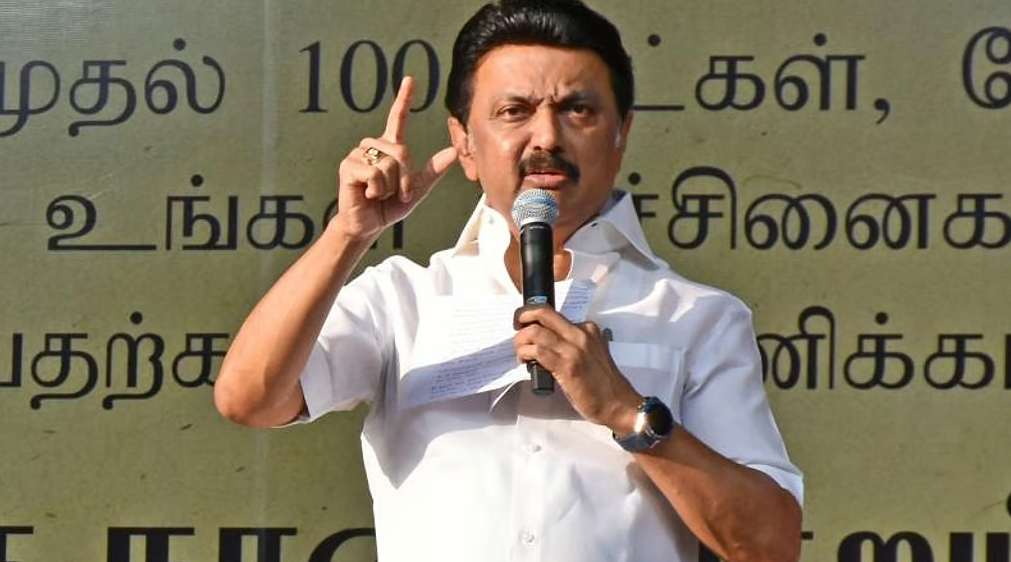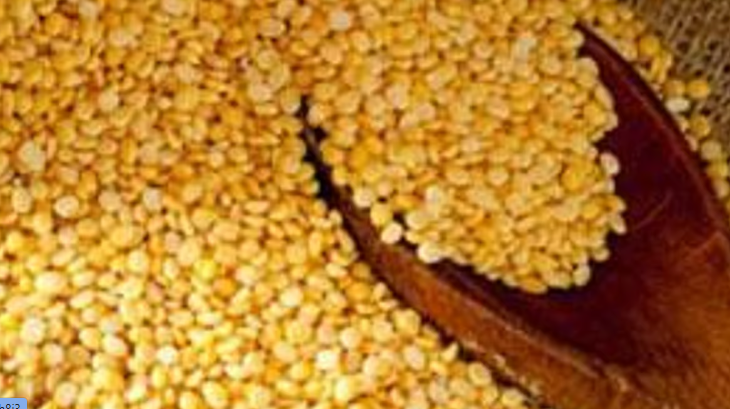Tamil Nadu Seeks Centre’s Support as US Tariffs Threaten Textile Sector

Tamil Nadu has called on the Union government to take urgent measures to shield its textile sector from the impact of rising US tariffs. The state, which employs nearly 75 lakh people in textiles and contributes significantly to India’s exports, faces a disproportionate risk due to its heavy reliance on the American market.
Chief Minister M.K. Stalin, in a letter to Prime Minister Narendra Modi, warned that up to 30 lakh jobs could be endangered if tariff rates increase from 25 percent to 50 percent. He emphasized that Tamil Nadu, which sends 31 percent of its $52.1 billion exports to the US—higher than the national average—would be among the hardest hit.
Stalin proposed a comprehensive policy roadmap to safeguard the sector, including correcting the inverted GST duty structure for the man-made fibre value chain by bringing it under a 5 percent slab, and eliminating import duties on all cotton varieties.
He also recommended extending the Emergency Credit Line Guarantee Scheme (ECLGS) to cover 30 percent collateral-free loans, providing a 5 percent interest subsidy, and granting a two-year moratorium on principal repayment. Additionally, he urged the Centre to enhance the Remission of Duties and Taxes on Export Products (RoDTEP) scheme to 5 percent and expand pre- and post-shipment credit for all textile exports, including yarn.
The textile sector’s large workforce and critical role in export earnings make it a priority area, Stalin stressed. Industry bodies echoed these concerns, pointing out that issues such as high credit costs and the current GST structure have already undermined competitiveness.
Besides textiles, other sectors like apparel, leather, auto components, machinery, gems and jewellery, marine products, and chemicals are also expected to be affected by the tariff hike, potentially triggering widespread job losses.
Stalin underlined that the tariff crisis should act as a catalyst for long-pending reforms. Addressing structural challenges, he said, is vital not just to manage the immediate impact but also to reinforce Tamil Nadu’s position as India’s leading textile hub.


